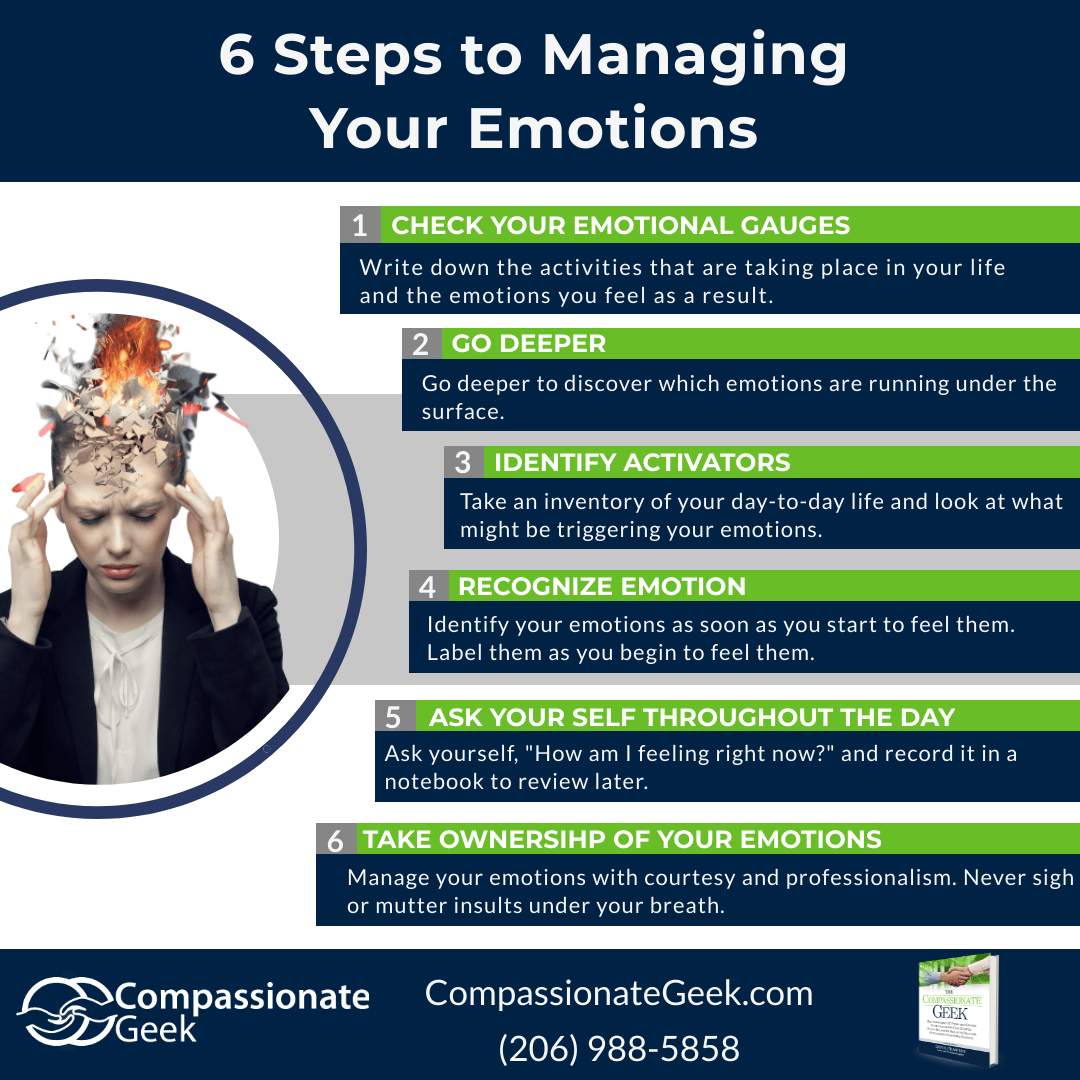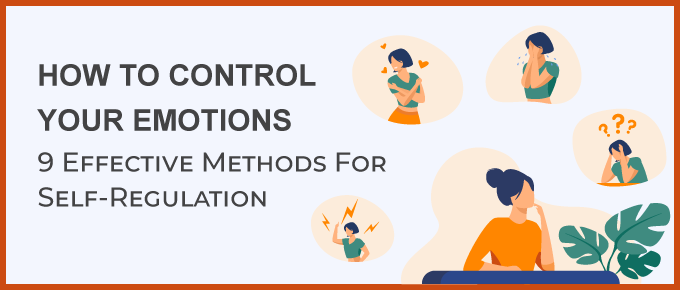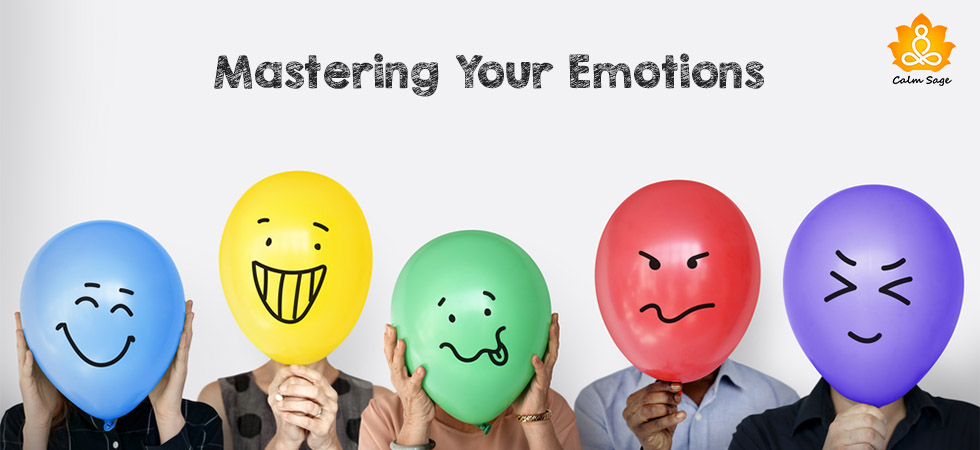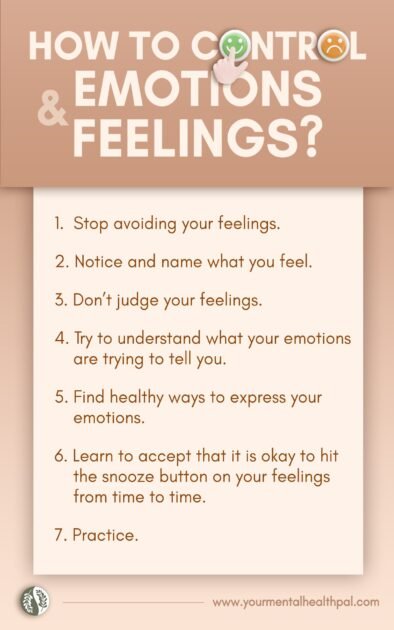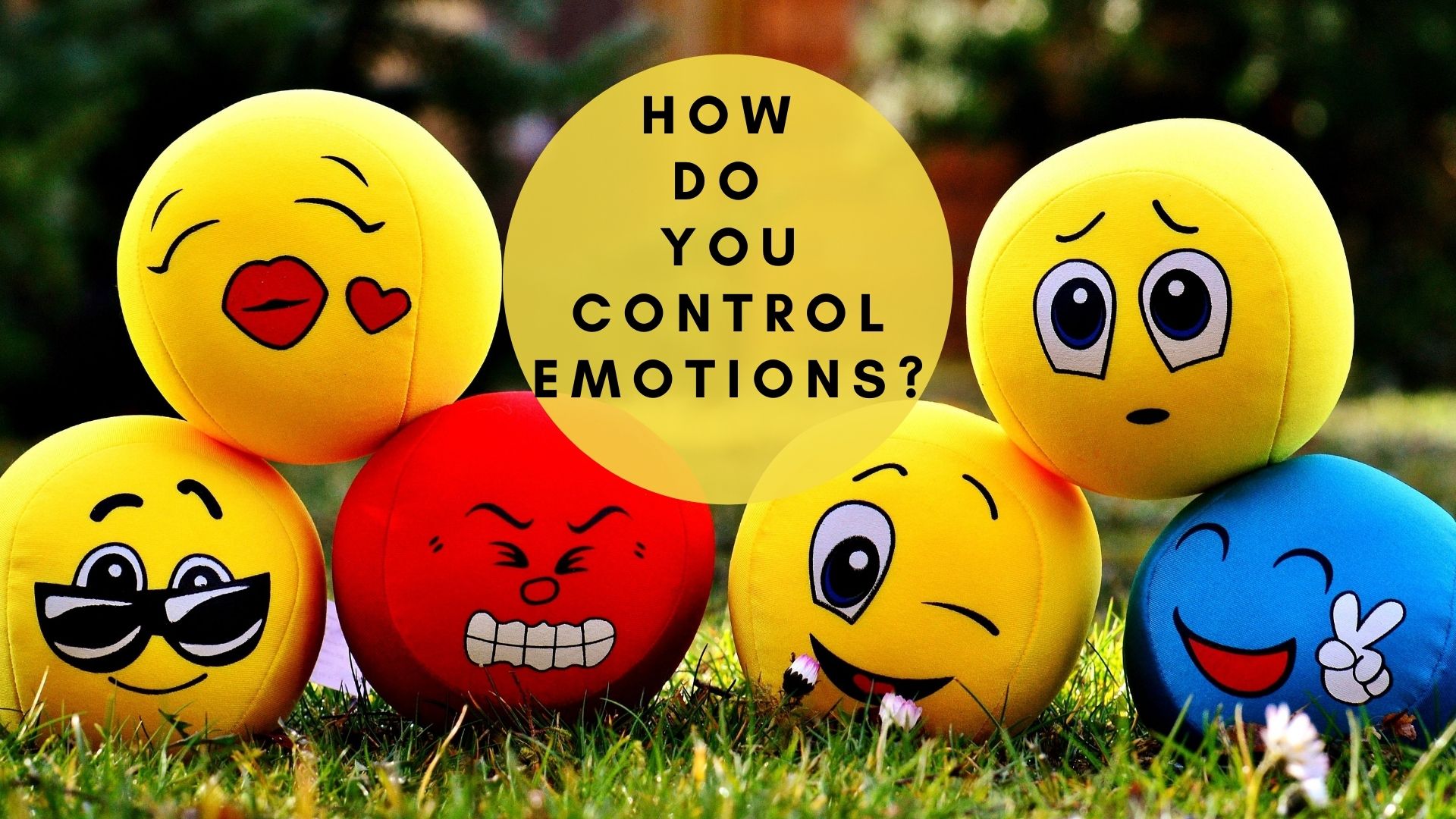How To Get Control Of Your Emotions
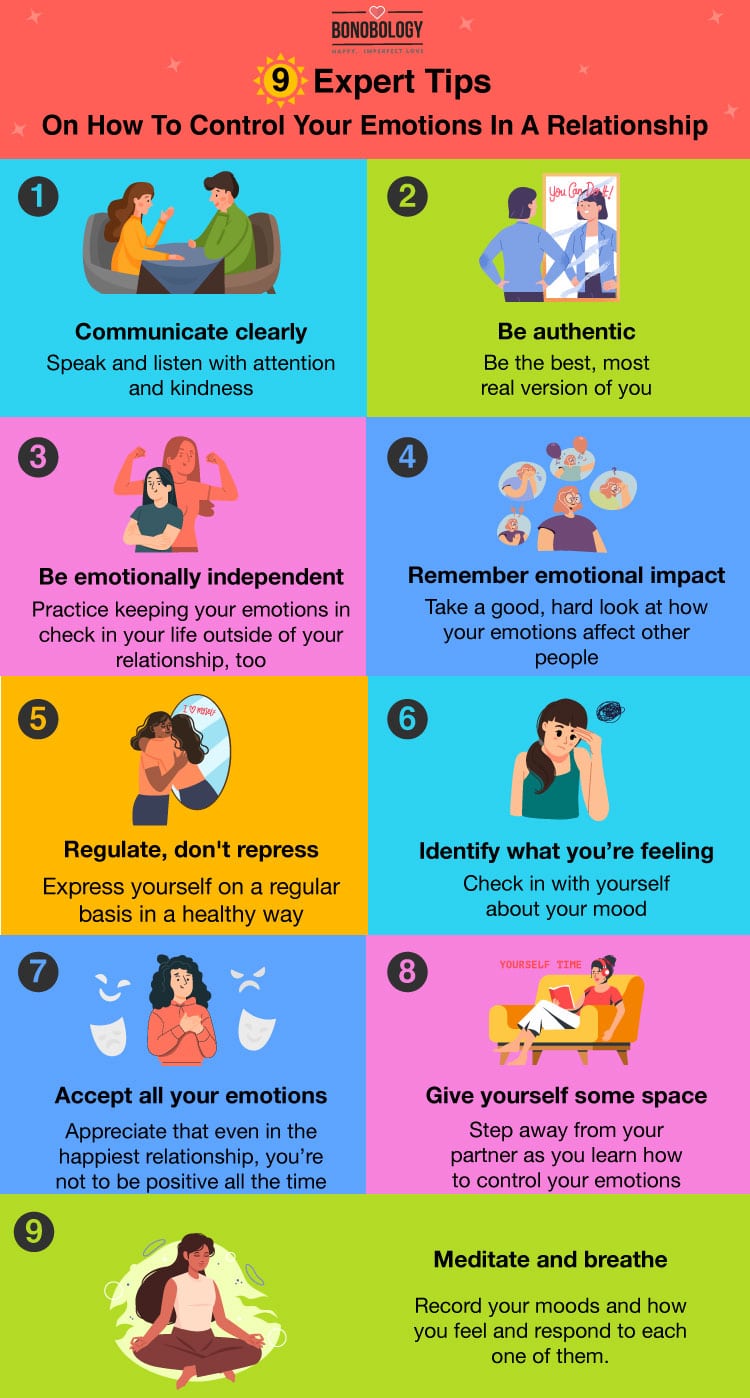
In today's fast-paced and often chaotic world, emotional turmoil can feel like an unavoidable constant. From the daily stresses of work and relationships to the unexpected curveballs life throws our way, maintaining emotional equilibrium can seem an elusive goal. The impact of unchecked emotions extends far beyond mere mood swings, affecting our mental and physical health, our relationships, and our ability to make sound decisions.
This article explores practical, evidence-based strategies for gaining control of your emotions. The goal is to empower individuals to navigate their inner landscape with greater awareness and resilience. This involves understanding the roots of emotional responses, implementing techniques for managing them in the moment, and cultivating long-term emotional well-being.
Understanding Your Emotional Landscape
The first step towards controlling your emotions is understanding them. Emotions aren't random; they often stem from specific triggers, thought patterns, and past experiences. Keeping a journal can be a powerful tool for identifying these patterns and gaining insight into your emotional reactions.
Cognitive Behavioral Therapy (CBT) principles emphasize the link between thoughts, feelings, and behaviors. By recognizing and challenging negative or distorted thinking patterns, you can begin to change your emotional responses. This involves identifying the negative thought, questioning its validity, and replacing it with a more balanced and realistic perspective.
Mindfulness practices, like meditation, can also enhance emotional awareness. Focusing on the present moment without judgment allows you to observe your emotions without getting carried away by them. Over time, this practice can create a sense of detachment, allowing you to respond to emotions with greater intention and less reactivity.
Strategies for Managing Emotions in the Moment
Once you have a better understanding of your emotional patterns, you can start implementing strategies for managing emotions as they arise. One effective technique is deep breathing. When feeling overwhelmed, taking slow, deliberate breaths can activate the parasympathetic nervous system, promoting relaxation and reducing physiological symptoms of stress like increased heart rate.
Another approach is to engage in physical activity. Exercise releases endorphins, which have mood-boosting effects. Even a short walk can help clear your head and shift your emotional state.
Sometimes, simply removing yourself from a stressful situation can be beneficial. Taking a break to engage in a calming activity, such as listening to music or reading a book, can provide a much-needed emotional reset. According to the American Psychological Association, these strategies can provide immediate relief and prevent escalation of emotional distress.
Cultivating Long-Term Emotional Well-being
Building resilience is key to long-term emotional well-being. This involves developing coping mechanisms for dealing with stress and adversity. Strong social support networks are crucial in this regard.
Talking to trusted friends, family members, or a therapist can provide a valuable outlet for processing emotions and gaining different perspectives. Developing healthy lifestyle habits, such as getting enough sleep and eating a balanced diet, is also essential for emotional regulation.
Regular self-care practices, such as engaging in hobbies, spending time in nature, or practicing gratitude, can help buffer against stress and promote positive emotions. Remember, seeking professional help is a sign of strength, not weakness.
Seeking Professional Help
If you're struggling to manage your emotions on your own, consider seeking professional help. A therapist or counselor can provide guidance, support, and evidence-based treatments for a range of emotional difficulties. Therapies like Dialectical Behavior Therapy (DBT) can provide specific skills for managing intense emotions, improving interpersonal relationships, and increasing mindfulness.
Furthermore, certain mental health conditions, such as anxiety and depression, can significantly impact emotional regulation. If you suspect you may be experiencing a mental health condition, it's crucial to seek a diagnosis and treatment from a qualified mental health professional. Organizations like the National Institute of Mental Health (NIMH) offer resources and information about mental health conditions and treatment options.
“Emotional intelligence is the key to both personal and professional success,” says Dr. Susan David, a renowned psychologist and author. “It's about understanding our emotions and using that understanding to guide our thoughts and behaviors.”
Ultimately, gaining control of your emotions is a journey, not a destination. It requires ongoing self-awareness, effort, and commitment. By understanding your emotional landscape, implementing strategies for managing emotions in the moment, and cultivating long-term emotional well-being, you can navigate life's challenges with greater resilience and create a more fulfilling and meaningful existence. The ability to manage emotions effectively is a skill that can be learned and honed over time, empowering you to live a richer and more authentic life.






